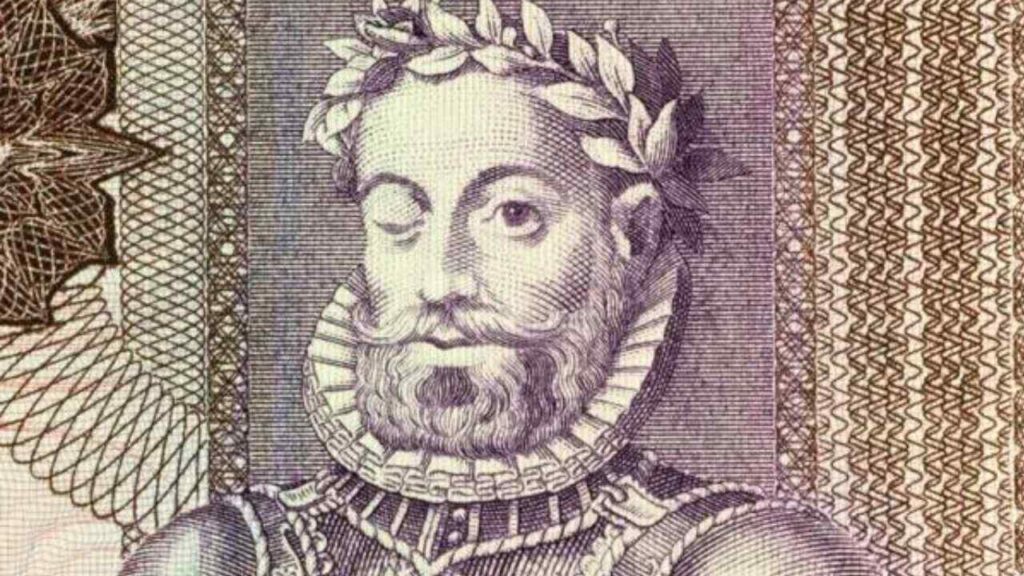
Luis de Camões, often hailed as Portugal’s greatest poet, was born circa 1524 in Lisbon, during a period of maritime exploration and cultural blossoming. His life, marked by passion, adventure, and literary brilliance, has left an indelible mark on Portuguese literature and the broader world of poetry.
Early Life and Military Service
Camões came of age during the Age of Discovery, a time when Portugal was at the forefront of maritime exploration. Little is known about his early years, but it is believed that he studied humanities and classical languages. His life took a turn when he enlisted in the military and participated in military campaigns in North Africa.
The Lusiads: Magnum Opus
Camões’ enduring legacy rests on his epic poem, “The Lusiads” (Os Lusíadas), a masterful work that celebrates Portugal’s maritime achievements. Completed in 1556, this epic is a tribute to the navigators who expanded Portugal’s global reach during the Age of Exploration. “The Lusiads” showcases Camões’ poetic prowess, blending classical forms with vivid descriptions of the sea voyages.
Exile and Turbulent Life
Despite his literary success, Camões faced personal and financial challenges. His involvement in a brawl led to a prison sentence, and financial difficulties plagued him throughout his life. Camões’ unwavering spirit and commitment to his craft, however, transcended these challenges.
Death and Legacy
Luis de Camões passed away in 1580, and his burial site remains uncertain. Despite a life marked by hardships, his contributions to Portuguese literature elevated him to the status of a national icon. His influence extended beyond Portugal, with later poets and writers, including those of the Spanish Golden Age, acknowledging his impact.
Key Works by Luis de Camões
| No. | Title | Description |
|---|---|---|
| 1 | “The Lusiads” (Os Lusíadas) | An epic poem celebrating Portuguese navigators and their maritime exploits. |
| 2 | “Sonnets” | Camões’ sonnets, exploring themes of love, loss, and the human condition, showcase his versatility. |
| 3 | “Rimas” (Rhythms) | A collection of lyrical poems, providing a glimpse into Camões’ emotional and reflective side. |
Commemoration and Recognition
Luis de Camões’ contributions to literature have not gone unnoticed. His legacy is commemorated through monuments, including the striking statue of the poet in Lisbon. The annual “Dia de Camões” (Camões Day) in Portugal celebrates his life and works.
Conclusion
Luis de Camões, a poet of unparalleled stature in Portuguese literature, navigated not only the uncharted waters of the seas but also the intricate realms of human emotion and expression. His enduring legacy as the bard of Portugal continues to inspire generations of poets and readers alike, ensuring that his verses echo through the corridors of literary history.
